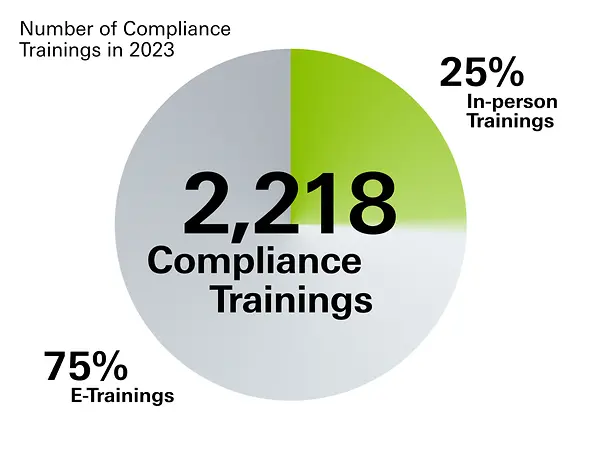Outstanding buildings are our passion
We want to be the first choice for our partners worldwide across all phases of a building project. To do this, we boldly explore new avenues and identify innovative technologies across industries.
We want to be the first choice for our partners worldwide across all phases of a building project. To do this, we boldly explore new avenues and identify innovative technologies across industries.

Values such as trust, responsibility and reliability are very important to us as a family company. We appreciate the diversity of people, opinions and experience, and seek the best solutions for our customers together. Treating each other with respect and mutual appreciation are fundamental, non-negotiable principles for us in this regard. In our policy statement (pdf, 143.8 KB), we have further detailed our understanding of corporate responsibility towards people and the environment.

In our code of (pdf, 255.0 KB)conduct, we define the basic legal and ethical rules that we at Schüco are committed to upholding.
In particular, we are committed to the rules of fair competition and the free market. We will not tolerate corruption or the infringement of anti-trust laws.
We see our obligation to conduct sustainable business practices with regard to natural resources and compliance with environment protection laws as a matter of course.
We treat our employees and business partners with fairness and respect.
In 2022, the Schüco code of conduct was revised to incorporate new requirements from the German Act on Corporate Due Diligence Obligations in Supply Chains. This was rolled out globally during the first half of 2023, accompanied by dedicated training courses.
We also expect our business partners to respect the principles set out in the code of conduct and to act accordingly. In addition, Schüco holds its suppliers to account by means of a supplier code of conduct (pdf, 125.9 KB) on ethical business conduct in accordance with all applicable rules and regulations.

All employees undertake compliance training when they join the company and every 24 months thereafter. Anyone that has not completed the training after 24 months is required to complete a compliance e-learning course, including a test.
At Schüco, the training is delivered in-person, online or by means of hybrid learning models. The following topics are available for selection as training content, which is tailored to the individual: